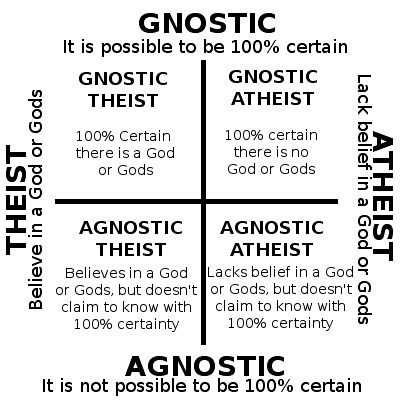D
deleted407021
Oh, I concur. But, as I've stated before in similar topics, the existence of bronies has been discussed ad nauseam and really shouldn't surprise anyone anymore. If you would like to learn more about it, I could give you a link to a fantastic fan made documentary discussing the origins as well as the influences of the show and the fandom.I've seen a couple episodes (I have little cousins) it seems good to me in regards to positive role models for young girls.
I think grown men watching it is a little weird though.

 I feel like I have more capacity to realize my own potential now. It's strange how much of your perfectly good brain goes to waste on worrying about religion or the "afterlife". I'm happy to be living a rational life.
I feel like I have more capacity to realize my own potential now. It's strange how much of your perfectly good brain goes to waste on worrying about religion or the "afterlife". I'm happy to be living a rational life.